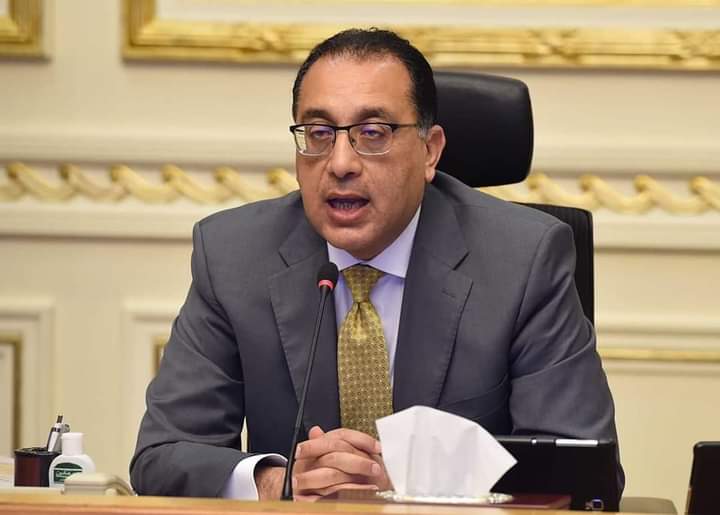Egyptian Prime Minister Moustafa Madbouli reviewed on Tuesday a report issued by the World Bank (WB) on the “Sustainable Rural Sanitation Services Programme for Egypt”.
The report is prepared by Head the cabinet’s Information and Decision Support Centre (ISDC) Osama el Gohary.
The report, which was issued on Monday, highlighted the deterioration of the sanitation services in the rural villages in Egypt, before the programme achieved its success, a matter that prompted the WB to expand funding for the project.
Spokesman for the cabinet Nader Saad said that the villages in Egypt faced a series problem in 2013 as only 12 per cent of households in rural areas were connected to public sewers, adding that only 6 per cent of the Egyptian villages were provided with wastewater treatment as a service.
This was a matter of concern due to high population in these villages and shallow levels of groundwater, he further noted.
Children in rural households were 8.5 times more likely than their urban peers to have less facilities, the report said.
It added that 1 in 10 households in rural areas shared toilet facilities with multiple households, noting that 50 million people suffered from overflowing sewage from traditional septic tanks.
In 2015, Egypt, in co-operation with the WB, launched the Sustainable Rural Sanitation Services Programme, with a financing of $550 million, to increase access to and services of rural sanitation in the governorates of Beheira, Daqahliya and Sharqiya, according to the report.
Following the programme’s initial success, it was expanded to cover three more governorates; Gharibya, Menoufiya and Damietta in 2018, with $300 million from the WB and a similar amount from the Asian Infrastructure Investment Bank (AIIB), bringing the total support to $1.15 billion, the report stated.






Discussion about this post